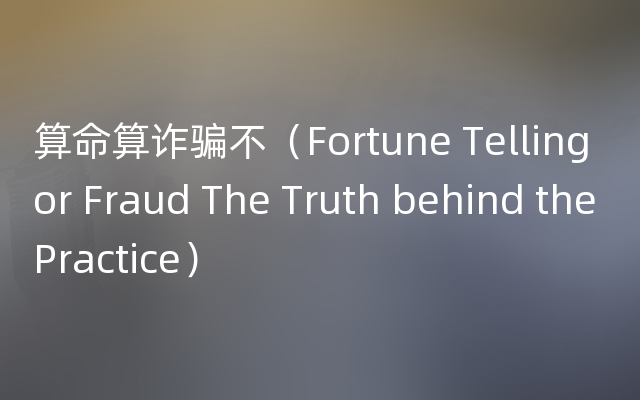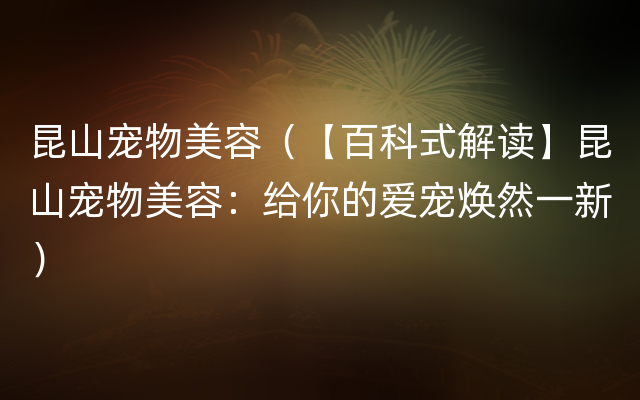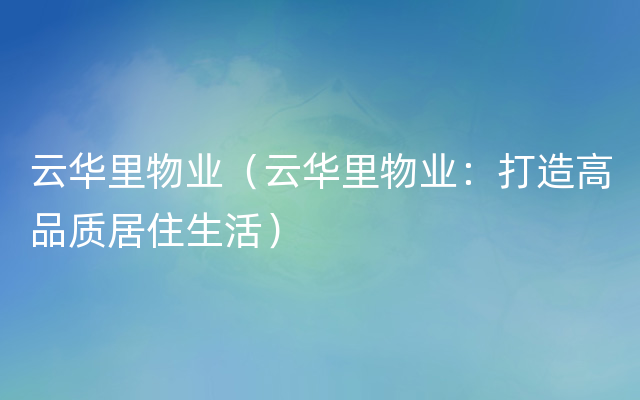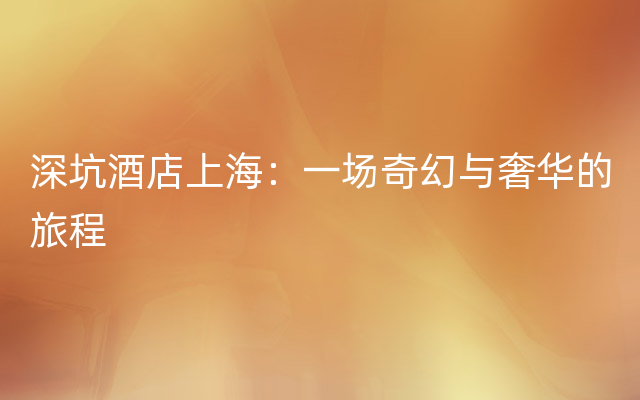
Fortune Telling or Fraud: The Truth behind the Practice
Fortune telling, also known as divination, has been around for centuries and is practiced in many cultures around the world. It involves predicting the future or gaining insight into the unknown through various methods, such as tarot cards, astrology, palm reading, and psychic readings. While some believe in the accuracy of these practices, others view them as scams and a form of fraud. But what is the truth behind fortune telling? Is it a legitimate practice or a deceitful one?
The history of fortune telling can be traced back to ancient times when it was used as a means to communicate with the gods and gain insight into the future. In many cultures, it was considered a sacred practice, and those who possessed the ability to see into the future were revered and respected. However, as time went on, the legitimacy of fortune telling came under question, and many began to view it as a means for fraudsters to exploit individuals seeking answers and guidance.
One of the most popular methods of fortune telling is tarot card reading. Tarot cards are a deck of 78 cards that are used to gain insight into the unknown. Each card has a symbolic meaning, and the reader interprets the card's message based on its position in the spread and the question asked by the seeker. While many believe in the accuracy of tarot cards, skeptics argue that the cards' meaning is subjective and can vary from reader to reader.
Palm reading, also known as palmistry, involves interpreting the lines and markings on an individual's palms to gain insight into their character, personality, and future. Like tarot card reading, palm reading is subjective, and the interpretation of the lines and markings can vary from reader to reader. Skeptics argue that the lines and markings on an individual's palms are simply the result of genetic and environmental factors and have no correlation to their future.
Astrology is another popular method of fortune telling that involves studying the positions of the stars and planets to gain insight into an individual's personality and future events. Like tarot card reading and palmistry, astrology is subjective, and skeptics argue that the positions of the stars and planets have no correlation to an individual's future.
Psychic readings involve a psychic medium communicating with the spirit world to gain insight into an individual's past, present, and future. While many believe in the accuracy of psychic readings, skeptics argue that psychic mediums use cold reading techniques and other tactics to make readings seem more accurate than they are.
In conclusion, the legitimacy of fortune telling is a divisive topic. While some believe in the accuracy of these practices, others view them as a form of fraud that preys on vulnerable individuals seeking answers and guidance. Ultimately, the decision to believe in these practices is a personal one and should be approached with skepticism and critical thinking. As with any form of advice or guidance, it is important to consider the sources and the potential biases of those providing it.







